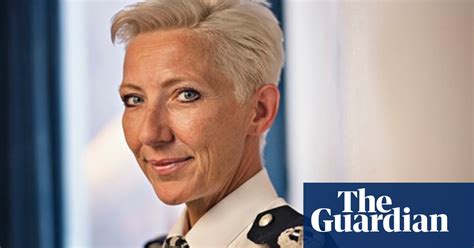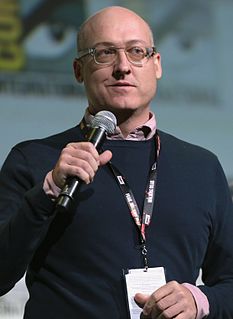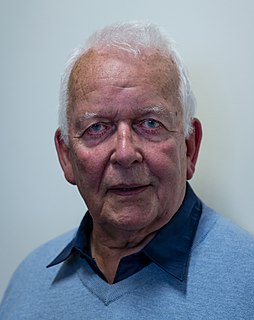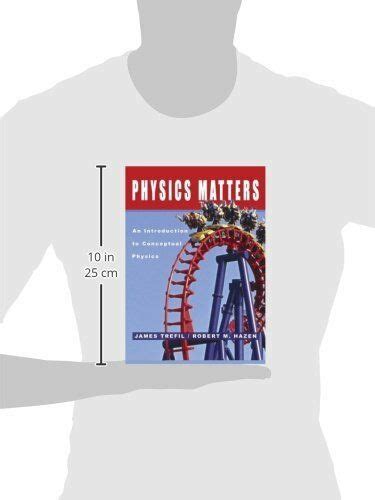A Quote by Steven Knight
Any question about narrative storytelling is answered by Dickens.
Related Quotes
I think my sensibilities about storytelling and character just automatically come into play when I'm trying to work on any kind of narrative. For me, it doesn't really matter what the source of the narrative is. I will be looking for ways to make it into an intriguing story with empathetic characters.
Any narrative, whether it's fiction or not, you have to approach it as though it really happened to you. I think that's the only way to get inside the characters and make the narrative work. It's a storytelling tradition, and I think to come off as genuine then you have to really approach it that way.
Dickens's final book, 'The Mystery of Edwin Drood,' forms the jumping-off point for my new novel, 'The Last Dickens'. This last work by Dickens has very little social commentary and a pretty tightly efficient storyline and cast of characters. Not necessarily what we think of when we think what characterizes Dickens.
Great question in science - questions like the ones Herschel raised about the structure of the universe - are seldom answered by ivory-tower types engaging in pure thought. They are answered by people who are willing to get down into the trenches and grapple with nature. If that means casting your own telescope mirrors, as Herschel did, so be it.






































